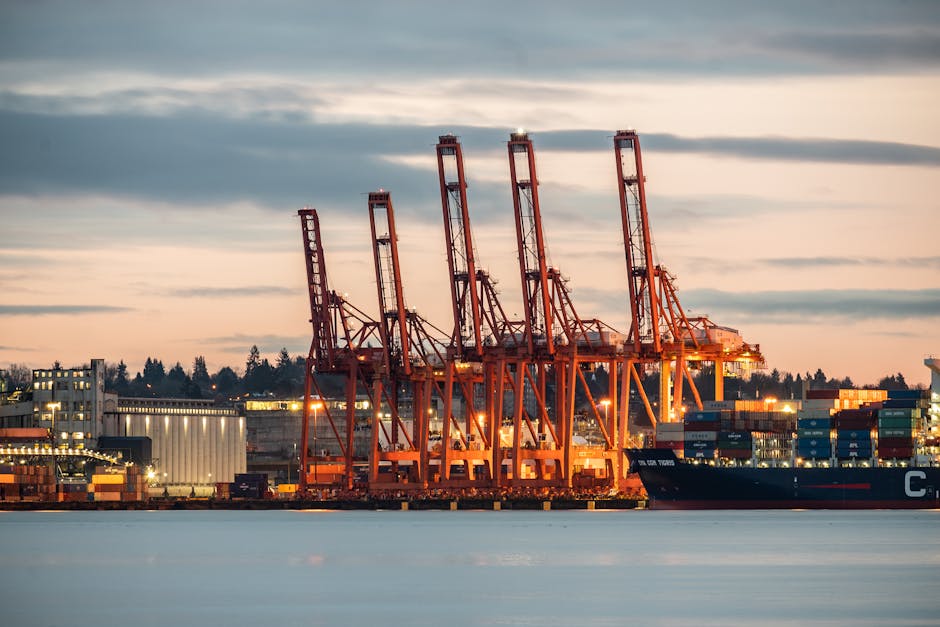-
IMEC Overview: The India-Middle East-Europe Economic Corridor (IMEC) is a major infrastructure project announced at the G20 Leaders’ event in New Delhi in 2023. It aims to boost economic development through enhanced connectivity and integration between Asia, the Middle East, and Europe.
-
Key Components: IMEC comprises two corridors: an east corridor connecting India to the Arabian Gulf and a northern corridor linking the Arabian Gulf to Europe. It includes a railway route to facilitate trade between India, UAE, Saudi Arabia, Jordan, Israel, and Europe.
-
International Support: India, Saudi Arabia, the UAE, France, Germany, Italy, the European Union, and the United States have signed an MoU for its development, tied to the Partnership for Global Infrastructure and Investment (PGII), seen as an alternative to China’s Belt and Road Initiative (BRI).
-
Challenges and Uncertainties: The project faces challenges due to the ongoing Israel-Hamas conflict and the broader geopolitical instability in the Middle East. The conflict raises concerns about infrastructure continuity and cooperation.
-
Recent Developments: During PM Modi’s visit to France, Marseille was highlighted as a strategic entry point into the European market, with the IMEC viewed as a catalyst for investment. An Intergovernmental Framework Agreement between India and the UAE has been signed for the project’s operation, focused on developing a logistics platform.
-
Strategic Significance: The IMEC aims to counter China’s growing influence through its BRI, focusing on financial viability and respect for national sovereignty. India’s opposition to the BRI stemmed from its inclusion of the China-Pakistan Economic Corridor.
IMEC: Economic Corridor
